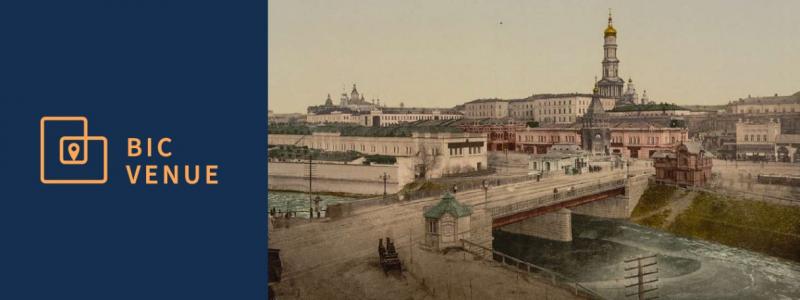Are There Deep Historical Roots to the War in Ukraine?

Bangalore International Centre + ZOOM
Understanding the Contemporary World
Speakers:
- Kateryna Kovalchuk (esearch Fellow, Center for Religious Studies, Central European University, Vienna, Austria)
- Mikhail Dmitriev (Professor, Lomonosov University, Moscow, Russia)
- Ágnes Kriza (Art Historian, Independent Scholar, London, UK)
- István Perczel (Professor, Central European University, Vienna, Austria) moderator
Are there deep historical roots to the war in Ukraine? is a round table discussion between three historians. It is the second event in the series Understanding the Contemporary World, organised by the Centre for Contemporary Challenges, University of Pécs, Hungary.
The history of what is now Ukraine – an independent state from 1991 – is complex and often re-interpreted to reflect the interests and the agenda of those who write it. As George Orwell put it in his novel 1984, “Who controls the past controls the future: who controls the present controls the past.” No wonder, therefore, that the past of Ukraine is a subject of political controversies whereas its exploration is replete with various theories and, at times, contradicting approaches. If anything, this is an excellent example of the study of the past as reflected through the lens of the present. Yet, our generation slowly comes to realise that contrary to the maxim expressed by George Orwell, the past does not define the present and even less so does it control the future.
The round-table discussion will treat the early history of the land of Rus, which, after converting to Byzantine Orthodox Christianity in 988, developed into the polity of Kyivan Rus between the tenth and twelfth centuries. The conquest by the Mongolians of Kyivan Rus in the thirteenth century will also be discussed before we touch upon the historical roots of the conflict between the Russian and Ukrainian Orthodoxies from an art historian’s perspective by highlighting the importance of the fifteenth-century split of the Church of the Eastern Slavs in Rus into two parts –the Moscow and Kyivan Metropolitanates, caused by the ecclesiastical union between the Churches of Rome and Constantinople, signed in 1439 in Florence. The Russians regarded this union with the “Latins” heretical and, by rejecting it, made their Church, the Moscow Metropolitanate, independent from the Patriarchate of Constantinople. Subject to the discussions will also be the Church Union of Brest-Litovsk (1596), when the Orthodox churches in the Polish-Litvanian Commonwealth were forced into union with the Papacy and so, the Greek Catholic Church was created, and also later developments when, after 1650, a large part of present-day Ukraine on the left bank of the Dnipro River got integrated into Russia. Polish-Ukrainian relations on the right bank of the Dnipro within the Polish-Lithuanian state became hostile and were marked by harsh and bloody conflicts. Yet, everything changed after the Bolshevik revolution in 1917.
This intricate past or, rather, our modern perception of it, will be the subject of this discussion that comprises a Ukrainian, a Russian, and an East-Central European participant, which is a unique event in the present warlike conditions. Yet, this will not be a political discussion. The three scholars will dig deep into the historical antecedents of the present conflict, from the 15th to the 20th century, but will stop at the magic date of 1917.
Source: bangaloreinternationalcentre.org
Pécsi Tudományegyetem | Kancellária | Informatikai és Innovációs Igazgatóság | Portál csoport - 2020.
